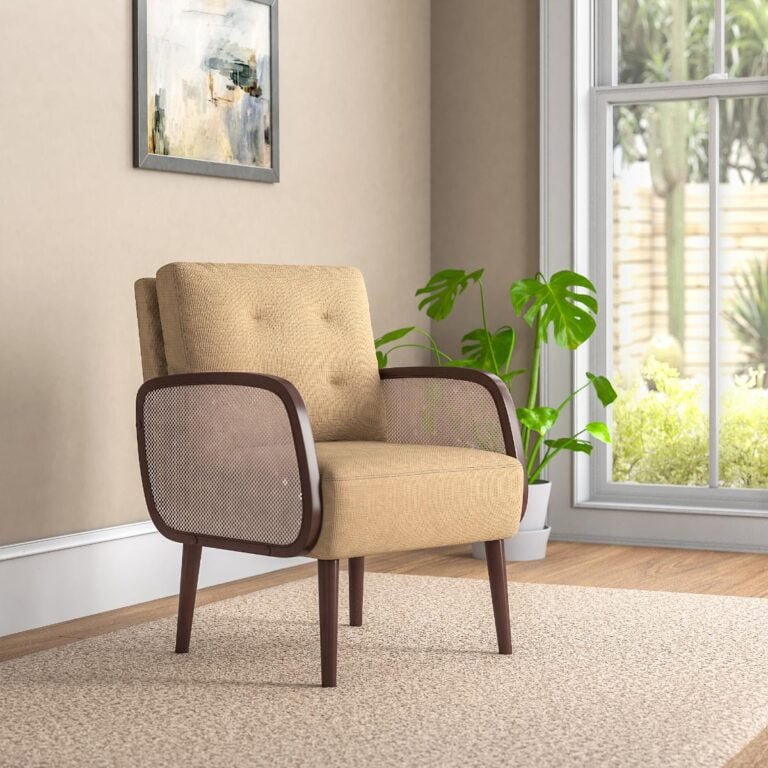High-Quality 3D Furniture Visualization for Stunning Product Presentations

In today’s competitive furniture market, captivating visuals play a critical role in attracting buyers and boosting sales. Using 3D furniture visualisation, companies can showcase pieces with stunning detail in lifelike, engaging environments. Advanced rendering methods allow manufacturers to produce images that display every texture and finish, enabling realistic customer previews.
An Overview of 3D Furniture Visualisation
This process uses computer-generated techniques to build and render accurate furniture models. These images emphasise fabric, grain, and textures, creating lifelike results not always possible with standard photography. Through immersive digital scenes, companies make it simple for customers to imagine their products in realistic contexts.
The Importance of 3D Renders for Furniture Companies
Quality product images are crucial for digital and print marketing, and 3D visualisation enables quick, affordable content creation. Instead of relying on physical samples and studios, 3D visualisation provides a quicker, cheaper solution. Renders can be altered for various colours, finishes, and room setups, suiting online shops, catalogues, and ads.
Boosting Furniture Promotions Using 3D Visuals
By using 3D rendering, furniture brands can create visuals that differentiate their products in competitive spaces. Renders can be featured on e-commerce sites, social channels, flyers, and adverts to highlight products in lifestyle scenes. With detailed and attractive imagery, brands foster trust and higher engagement from potential buyers.
Realistic Lifestyle Renders for Customer Appeal
A standout feature of 3D rendering is presenting products in true-to-life, styled scenes. Renders highlight 3d Furniture Visualization furniture in designed environments, with coordinated accessories and lighting for context. This approach enhances the emotional connection between the product and the buyer, making it more likely to drive interest and sales.
Adaptable Furniture Visualisation for Creative Marketing
3D rendering outperforms photoshoots in providing versatile presentation options. Companies can vary looks digitally, saving effort compared to making multiple prototypes. This versatility allows brands to showcase various product options quickly, catering to diverse customer preferences while maintaining consistency in quality and style.
The Budget-Friendly Advantages of 3D Furniture Rendering
Photography for furniture usually demands expensive samples and studio resources. Visualisation reduces outlays by eliminating physical builds and allowing rapid edits. This method enables brands to produce large-scale, top-quality visuals cost-effectively for campaigns.
Interactive 3D Renders to Build Buyer Confidence
With furniture sales shifting online, 3D visuals help brands build credibility and trust. Interactive 3D models and realistic renders give customers a detailed look at products from all angles, helping them make informed decisions. Detailed views decrease the likelihood of returns while boosting satisfaction.
Accelerating Furniture Launches with 3D Visualisation
With 3D renders made pre-production, businesses push marketing forward and launch products quickly. This speed lets brands debut collections and seasonal content faster than rivals.
Ensuring Visual Consistency with Digital Renders
To build brand recognition, consistent visuals are critical, and 3D renders keep every image uniform across channels. By using 3D renders, companies can maintain a uniform aesthetic across all marketing channels, reinforcing their brand image and professionalism.
How 3D Visualisation Helps Companies Stay Competitive
With industry competition growing, brands use 3D rendering to set themselves apart. The ability to produce photorealistic, flexible, and cost-effective visuals makes it a preferred solution for brands looking to enhance their product presentations, streamline marketing efforts, and increase sales.
Final Thoughts on 3D Furniture Visualisation
Manufacturers, sellers, and designers treat 3D rendering as a crucial asset for powerful product showcases. Its realistic detail, adaptable formats, and cost benefits allow brands to strengthen marketing and customer engagement. For catalogues, digital shops, and ads, 3D renders make products stand out and perform better in competitive arenas.